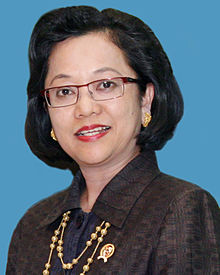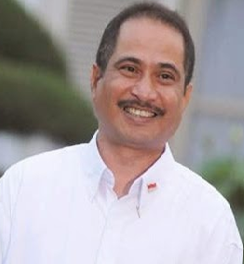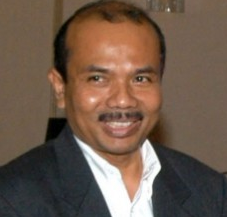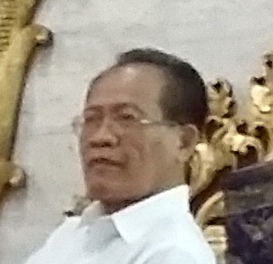Pemprov Bali

The Province of Bali consists of several island with Bali itself as the major island in the province, while the smaller inslands include Nusa Penida, Nusa Ceningan, Nusa Lembongan, Serangan and Menjangan. The total area of Bali is 5,636.66 km2 or 0.29% of the area of Indonesian Archipelago. The population of Bali in 2010 was 3.890.757 with a density of 690.26 people/km2 and a population growth of 2.14% in 2000.
The Province of Bali is divided into 9 Regencies/Municipality (8 regencies and 1 Municipality), 57 Districs, 716 Villages/sub-districs, 1,480 Pekraman villages, 3,656 Banjars/Temple Communal Centres. The areas of the following regencies are as follows: Buleleng, 1,365.88 km2, Jembrana 841.80 km2 , Tabanan 839.33 km2, Badung 418.52 km2, Denpasar 127.78 km2, Gianyar 368.00 km2, Klungkung 315.00 km2, Bangli 520.81 km2, and Karangasem 839.54 km2, respectively.
Temperatures are affected by the heights of the places. The average temperatures in Bali ranges from 28o to 30oC. The low plain in Southern Area is wider than that on the northern part of the island. These natural and geographical conditions greatly affect the climate in Bali. In general, the southern part of Bali enjoys more rain then the northern part of the island, particulary fro December to February, as the monsoon wind blows from the northwest. The win blows from the east and Southeast in August. From March to May the wind blows in irreguler. Different directions. The average relative humadity in Bali is about 90% and may reach 100% and drops to 60%in Dry season.
The Province of Bali boasts 4 (four) lakes making up great asst for tourism in Bali.They are lake Beratan, Lake Buyan, Lake Tamblingan and Lake Batur. The climate in Bali is a maritime tropical climate influenced by the season winds that create 2 (two) seasons, the dry and rainy seasons linked by a periode of seasonal change.
Bali development directed to achieve high economic growth to create employment, which in turn increases welfare and reduce poverty by keep maintaining the quality of environtment to achieve sustainable development.
In general, the social condition in Bali is good shown by the socio-religous normal activities done by the people. Nevertheless , socio-religous development for the society needs to be continously improved, considering that this is a long term investment .
Website: http://www.baliprov.go.id
















 About Us
About Us